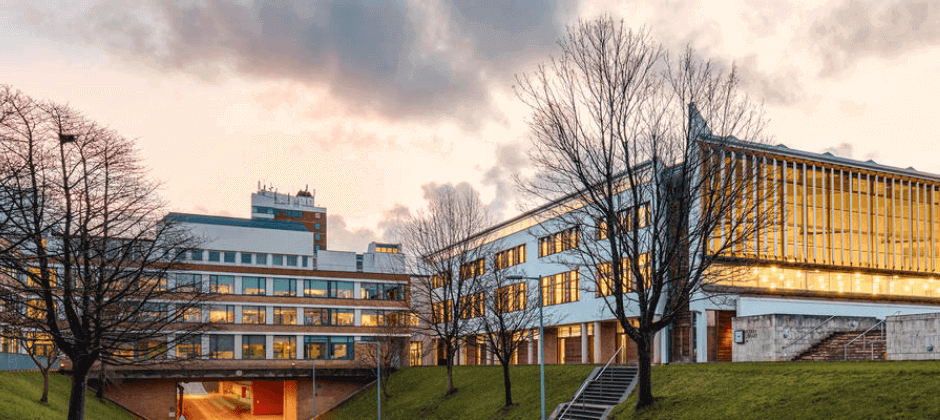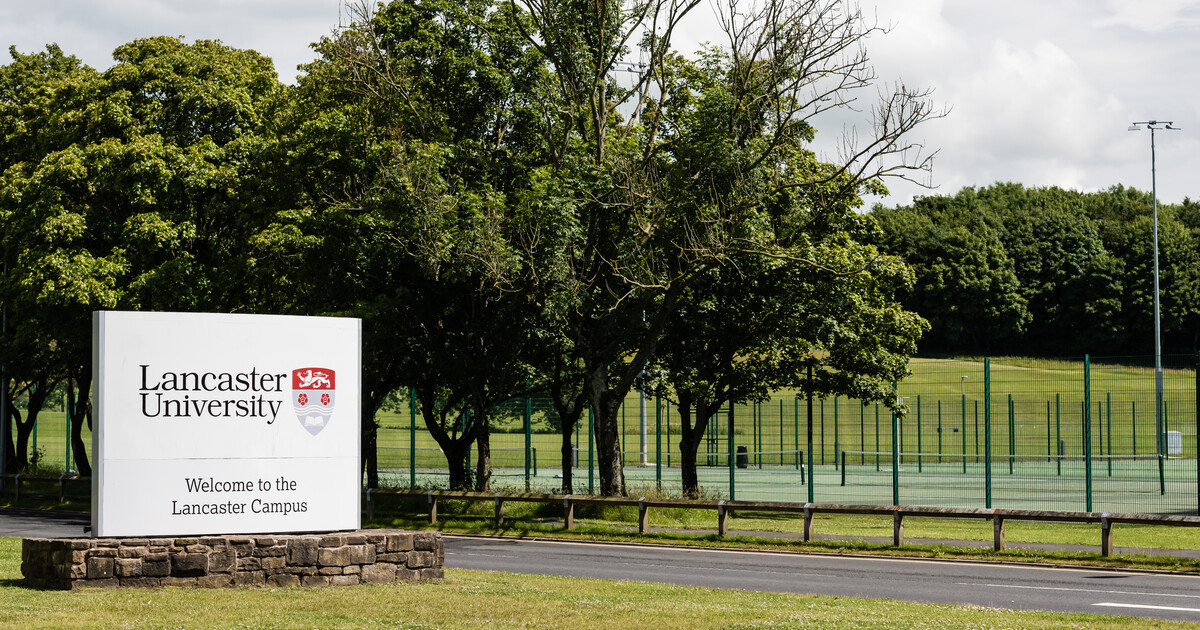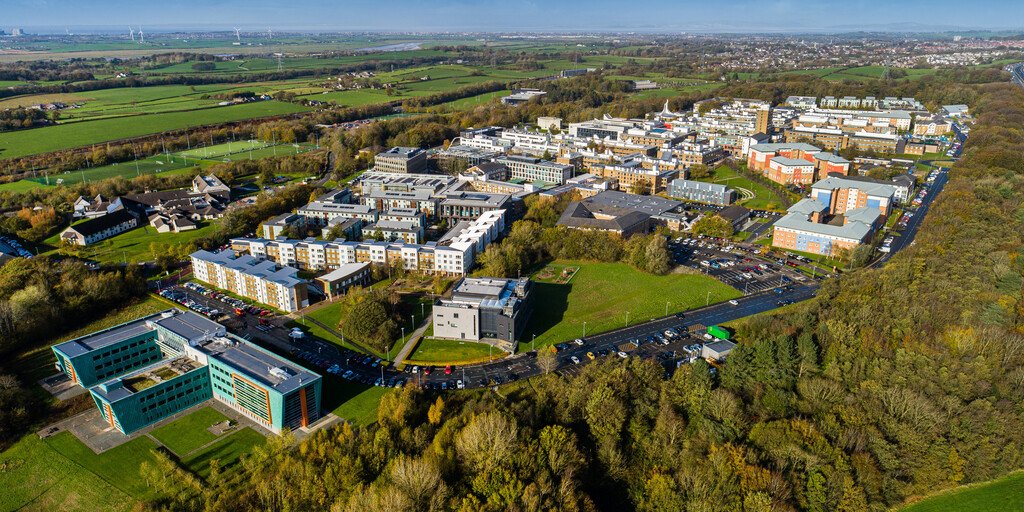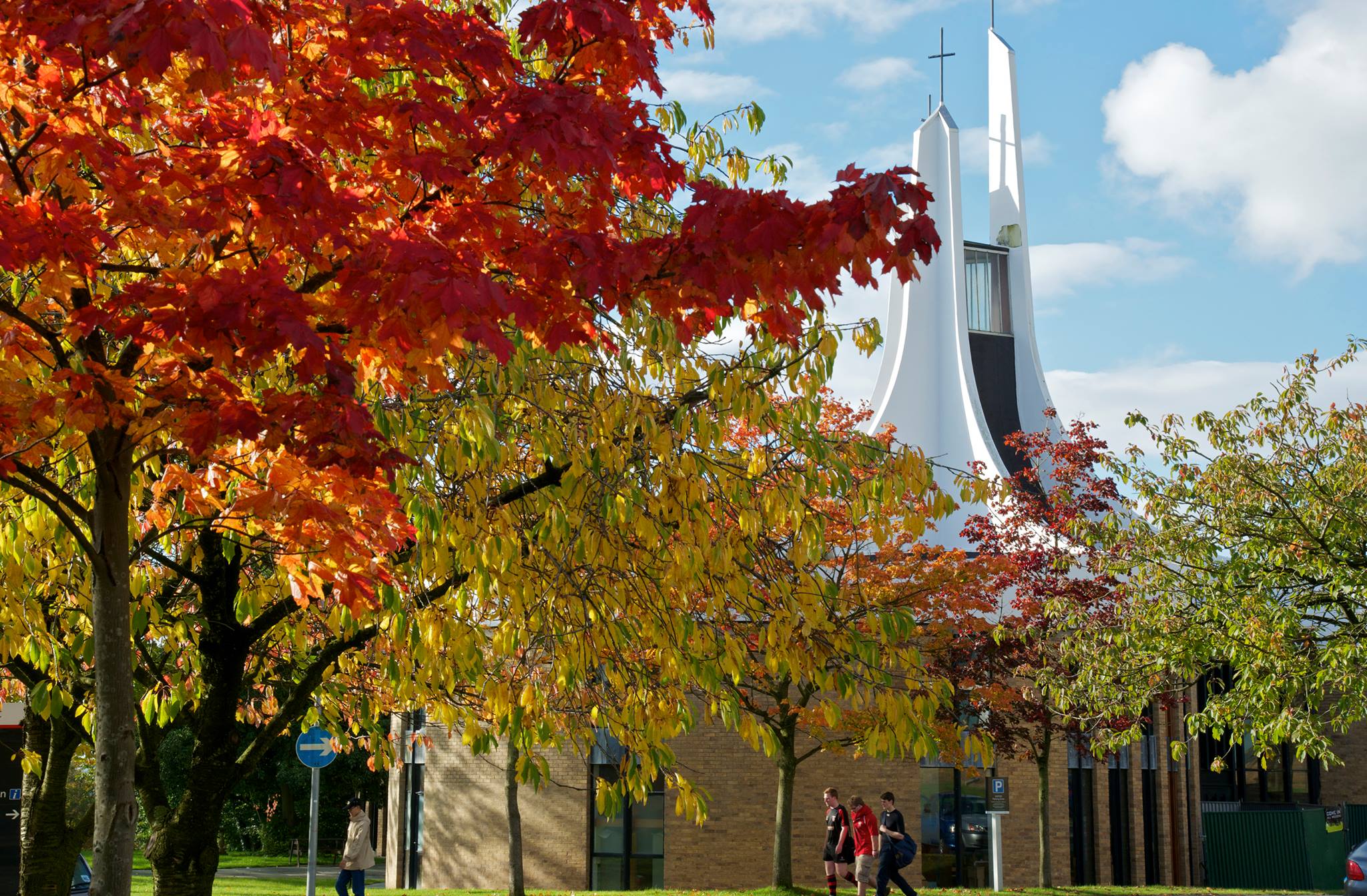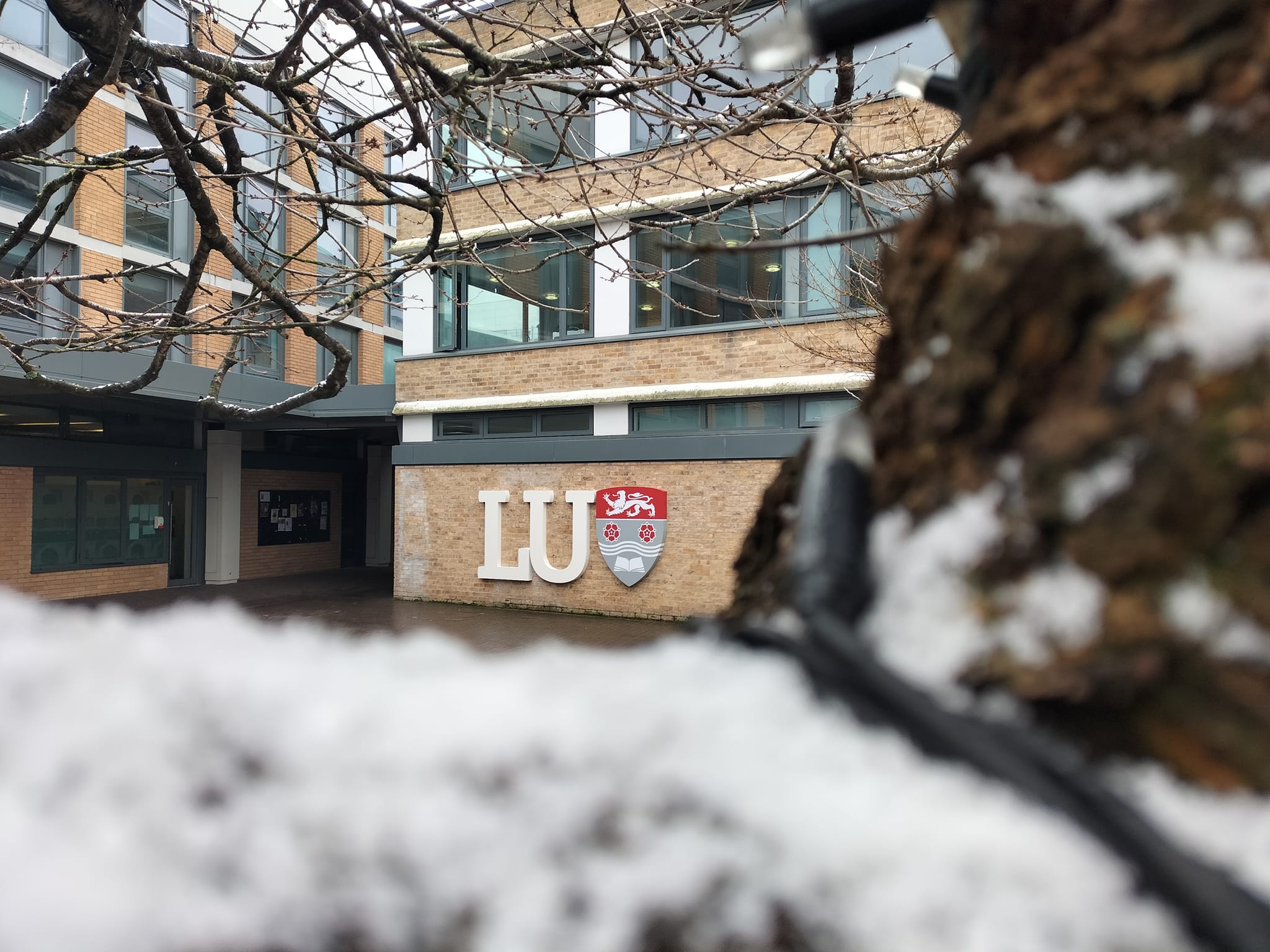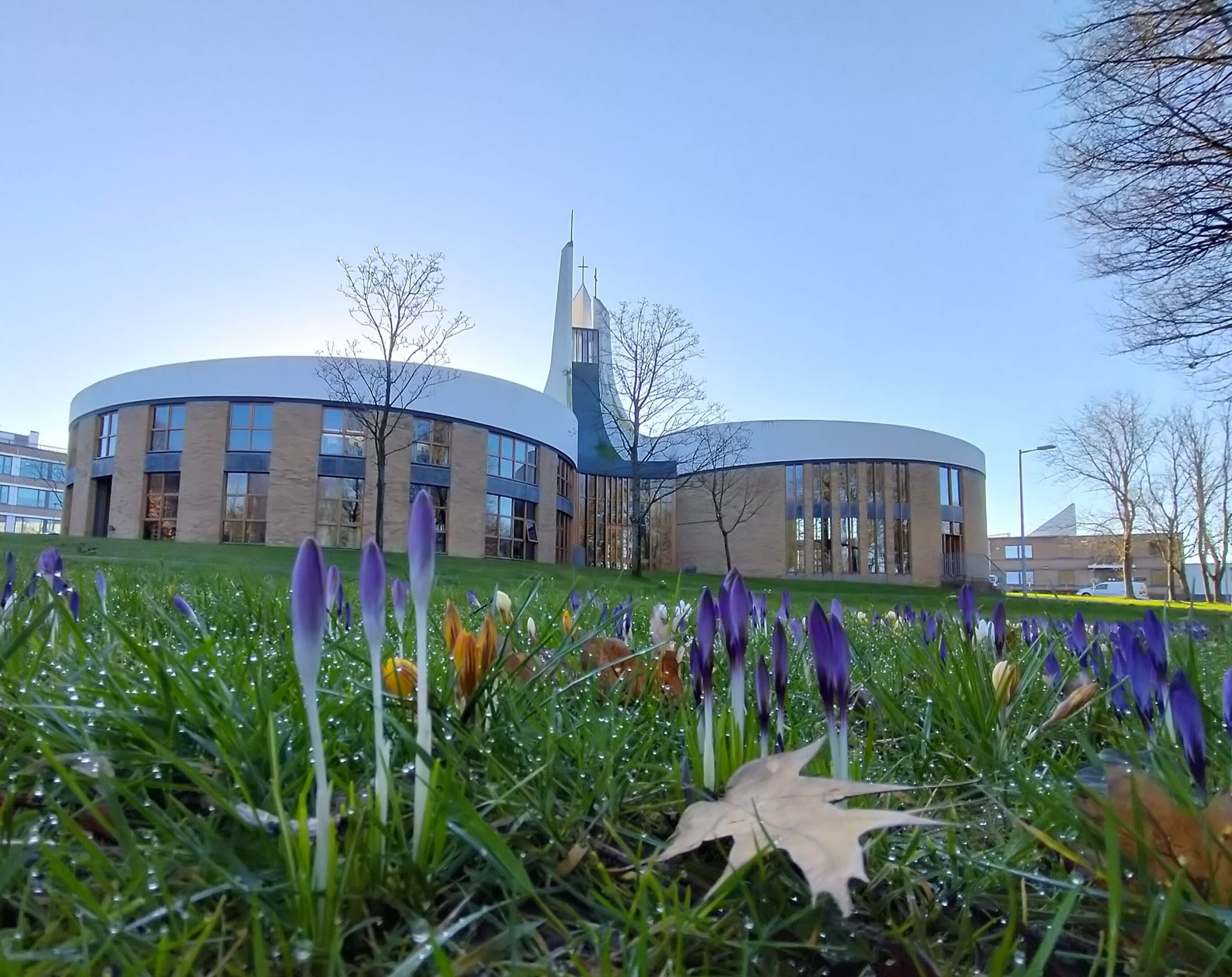Lancaster University is a world-renowned public research university located in the historic city of Lancaster, England. Established in 1964, it has rapidly become one of the leading universities in the UK and the world, consistently ranking in the top ten in national and international league tables.
Academic excellence is at the heart of Lancaster University, with a strong reputation for research quality and interdisciplinary research. The university has four faculties: Arts and Social Sciences, Health and Medicine, Science and Technology, and Management, offering a wide range of undergraduate and postgraduate courses in over 100 academic departments.
The university's commitment to research is reflected in its world-class research centres and institutes, including the Lancaster Environment Centre, the Centre for Health Informatics and Systems, and the Lancaster China Management Centre. The university has a strong focus on interdisciplinary research, encouraging collaboration between departments and promoting innovative research projects.
Lancaster University has a diverse and international student body, with over 13,000 students from more than 150 countries. The university offers a supportive and inclusive learning environment, with a range of academic and pastoral support services to help students achieve their full potential. The university is committed to providing a world-class education and equipping students with the knowledge and skills to succeed in their chosen careers.
The campus of Lancaster University is situated in a beautiful parkland setting, with modern facilities and state-of-the-art research labs. The campus boasts a range of amenities, including a sports centre, a theatre, and a variety of cafes and restaurants. The university is also home to a thriving student community, with over 200 student-led societies and clubs, as well as a vibrant social scene.
Lancaster University is known for its commitment to sustainability and social responsibility, with initiatives such as the Lancaster Environment Centre and the Lancaster Community Partnership. The university is also committed to promoting diversity and equality, with a range of initiatives and programs aimed at creating an inclusive and welcoming environment for all students and staff.
In conclusion, Lancaster University is a world-class institution that is known for its academic excellence, research quality, and commitment to sustainability and social responsibility. With a diverse and international student body, a vibrant campus community, and a commitment to interdisciplinary research, Lancaster University offers a rich and rewarding academic experience that prepares students for success in their chosen fields.
Show less 